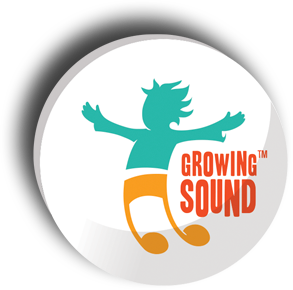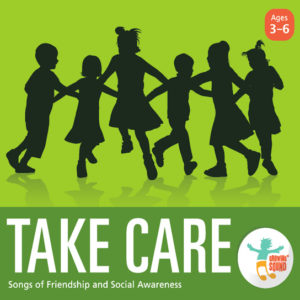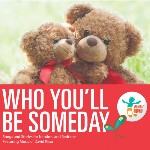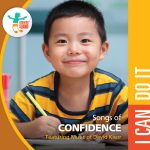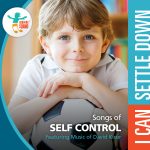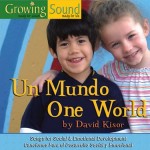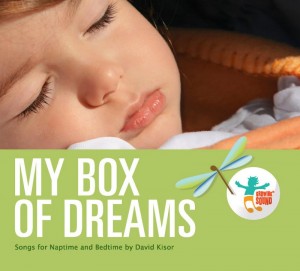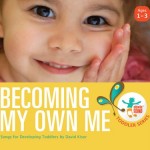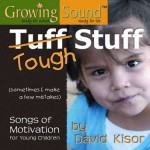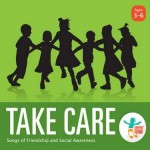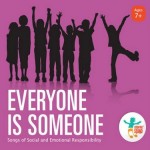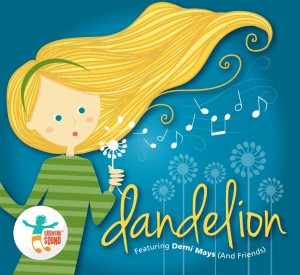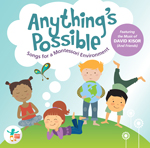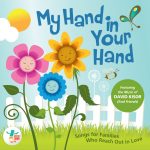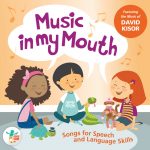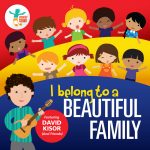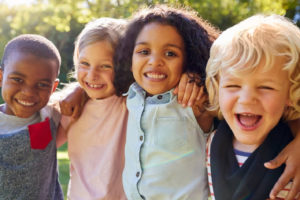 As adults, we understand what it means to have close connections with other people. Knowing that you have someone who will be there when you call brings an immense amount of reassurance. Good friends play important roles in our lives from the very first one we make on our first day of school to the ones that will sit beside us on a front porch rocker as our hair fades to gray– and if we’re lucky enough, sometimes these are the same people. As parents, we hope that our children are able to have those kinds of friendships with others. And when we see them struggling to make friends, it can be quite emotional because most likely, there has been a time in our lives when we had a hard time making friends. Friendship is foundational to child development. Social communication is woven into all forms of intervention allowing those children who are having a hard time connecting with their peers outside of therapy to learn those skills needed to help them relate to others and develop friendships.
As adults, we understand what it means to have close connections with other people. Knowing that you have someone who will be there when you call brings an immense amount of reassurance. Good friends play important roles in our lives from the very first one we make on our first day of school to the ones that will sit beside us on a front porch rocker as our hair fades to gray– and if we’re lucky enough, sometimes these are the same people. As parents, we hope that our children are able to have those kinds of friendships with others. And when we see them struggling to make friends, it can be quite emotional because most likely, there has been a time in our lives when we had a hard time making friends. Friendship is foundational to child development. Social communication is woven into all forms of intervention allowing those children who are having a hard time connecting with their peers outside of therapy to learn those skills needed to help them relate to others and develop friendships. The Important Role Friendship Plays For Children
Developing friendships in early childhood builds…
- Social Skills – Social skills are essential. Learning how to initiate interaction, take turns, share (even our most prized possessions), collaborate, handle conflict effectively, and engage in conversation happens when children are interacting with their friends. Whether they’re having fun, creating together, or even disagreeing, children are building foundational skills for every relationship in their lives.
- Self-Esteem – A good friend can make you feel good. Aside from that, studies show that childhood friendships teach children about who they are and help them develop a positive sense of self.
- Theory of Mind – Theory of mind is being able to understand that other people have their own thoughts and feelings that are not the same as ours. It is important that we are able to consider other perspectives and empathize with them. Theory of Mind requires us to read non-verbal cues which can be a little harder for children, so we try to implement this method into our program.
- Prosocial Behavior – Friendships allow children to learn prosocial behaviors such as self-regulation. Kindness, compromise, apologies, forgiveness, and assertiveness are all important when it comes to having healthy friendships. Research shows that early friendships rich in prosocial behaviors result in increased emotional intelligence in adulthood.
Helping Our Children Build Lasting Friendships
Here are just a few ways you can assist your child in developing meaningful friendships…
- Be a Good Friend to Them – We are not saying be their best friend– children need you to establish their boundaries and enforce limits. However, research shows that you can both teach and enforce the building blocks of friendship through your own actions. Take the time to show interest in the things they enjoy – get down on the floor and play with them, do activities that require sharing, be kind and empathetic, openly discuss emotions, say sorry, and explore differences that promote theory of mind like allowing them to make the decision that it is your turn to go first since they did yesterday.
- Allow Them to Plan a Day with Peers – Make time in your child’s schedule to connect with other friends their age. If you have discovered that your child struggles making friends, help them find peers who have shared interests and facilitate such activities with them like bug hunting or Lego building.
- Be Supportive – The younger the child, the more important being supportive is. It may be clear how much support your child needs so you can provide them real life guidance as you play with them or you can choose to observe from a distance, only offering suggestions as necessary.
- Guide Them In Group Settings – If you find your child seeming overwhelmed in group settings and unsure on how they will connect with their peers, coach them. Ask what they feel they should say or how they think others might feel in certain situations. How you guide them can be suited to the individual needs of your child and their personality.
—
Growing Sound’s Music is Based on the Latest Research in Social & Emotional Development.
We have received numerous awards for our products including Mom’s Choice Award, Parent’s Choice Award, Teachers Choice Award, Creative Child Magazine Award, Family Review Center Awards, Oppenheim Award, and more.
Click on an Collection To Listen To the Music!
Who You’ll Be Someday:
Songs and Stories for
Naptime and Bedtime
Ages 0-4
Contact us for more information!
